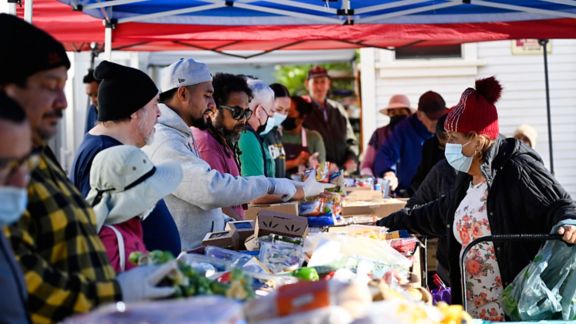Evaluation of Five State Long-Term Care Ombudsman Programs

Envisioned as an independent, person-centered consumer protection service, the Long-Term Care Ombudsman Program (LTCOP) aims to resolve problems of individual residents as well as to bring out systemic change that will improve residents’ quality of care and quality of life.
Building on the NORC team’s Process Evaluation of the Long-Term Care Ombudsman Program that was completed in 2019, the study focuses on examining the implementation and effectiveness of five State LTCOPs: Connecticut, Ohio, Minnesota, Pennsylvania, and Texas. The study describes the experiences of residents, family members, facility staff, and stakeholders in working with Ombudsmen and the impact of their engagement in improving residents’ health, welfare, rights, and well-being at the individual and systems levels during the COVID-19 public health emergency.
Based on interviews and focus groups conducted with residents, family members, facility staff, and stakeholders, our study found respondents reported positive experiences overall in engaging with Ombudsmen across the three broad types of activities that they perform:
- education/outreach
- individual advocacy/complaint handling
- systems advocacy
Across all activities that Ombudsmen undertake, many respondents perceived that the LTCOP’s unique role as a voice for residents and the commitment of Ombudsman staff are key strengths of the program and critical to the success of the program’s education and advocacy efforts. Respondents also described a range of resource-related challenges facing Ombudsman programs, including low levels of awareness, misunderstandings about the Ombudsman role, insufficient staff, as well as the need for better communication, staff training, and proactive engagement in systems advocacy.






